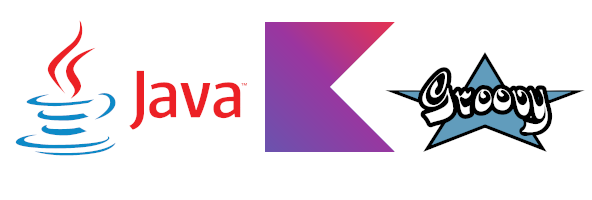Qodana for JVM

Qodana for JVM is based on IntelliJ IDEA Ultimate. It brings all the smarts from IntelliJ IDEA Ultimate, which help you:
detect anomalous code and probable bugs
eliminate dead code
highlight spelling problems
improve overall code structure
introduce coding best practices
Upload inspection results to Qodana Cloud
Qodana for JVM provides inspections for Java, Kotlin, and Groovy.
Qodana for JVM provides inspections for the following technologies.
Programming languages | Java Kotlin Groovy |
Markup languages | CSS FreeMarker Template Language HTML JSON and JSON5 RELAX NG XML XPath XSLT YAML |
Scripting languages | Expression Language (EL) Shell script |
Databases and ORM | Hibernate ORM MongoJS Oracle MySQL PostgreSQL SQL SQL server |
Build management | Ant Gradle Maven |
Frameworks and libraries | Jakarta EE Java EE JavaBeans JAX-RS JPA JSP JUnit Lombok Reactive Streams Spring TestNG |
The Qodana for JVM linter provides the following Qodana features:
Feature | Available under licenses |
|---|---|
Ultimate and Ultimate Plus | |
Ultimate and Ultimate Plus | |
Ultimate Plus | |
Ultimate and Ultimate Plus | |
Ultimate and Ultimate Plus | |
Ultimate Plus |
note
Before running Qodana, you can configure the JDK for your project.
To be able to run the analysis, make sure the project can be successfully built and run in the desired environment, that is, a JRE is properly configured, project dependencies are installed, build scripts or startup tasks are executed, and so on.
Qodana provides two options for local analysis of your code. Qodana CLI is the easiest option to start. Alternatively, you can use the Docker command from the Docker image tab.
Assuming that you have already installed Qodana CLI on your machine, you can run this command in the project root directory:
$qodana scan \ -e QODANA_TOKEN="<cloud-project-token>" \ -l jetbrains/qodana-jvm:2023.2 \ --show-report
Here, the QODANA_TOKEN variable refers to the project token.
To start, pull the image from Docker Hub (only necessary to get the latest version):
$docker pull jetbrains/qodana-jvm:2023.2
Start local analysis with source-directory pointing to the root of your project and QODANA_TOKEN referring to the project token:
$docker run --rm -it \ -v <source-directory>/:/data/project/ \ -e QODANA_TOKEN="<cloud-project-token>" \ -p 8080:8080 \ jetbrains/qodana-jvm:2023.2 \ --show-report
Open http://localhost:8080 in your browser to examine inspection results. Here, you can also reconfigure the analysis, see the Inspection report section for details. When done, you can stop the web server by pressing Ctrl-C in the console.
Thanks for your feedback!